Enroll Now and Get Upto 30% Off
* Your personal details are for internal use only and will remain confidential.
The AWS Certified Cloud Practitioner (CLF-C01) certification is an entry-level certification that is ideal for individuals who want to demonstrate their knowledge of the AWS Cloud. This certification validates a candidate’s basic understanding of the AWS Cloud, its services, and how to use them. A Cloud Practitioner must understand the core AWS services, their use cases, and the advantages of using them.
The AWS Certified Cloud Practitioner (CLF-C01) exam covers five core domains:
The exam is designed to assess the candidate’s knowledge and understanding of the AWS Cloud and its services. To prepare for the exam, candidates should have a good understanding of cloud concepts, AWS services, security, automation, and other related topics. They should also have experience in using the AWS Management Console and other AWS tools.The AWS Certified Cloud Practitioner certification is a great way for IT professionals to demonstrate their knowledge of the AWS Cloud and its services, and to show employers that they are knowledgeable and capable when it comes to cloud computing.
After the completion of the course, the participants would be able to:
Deliverables of this program include:
If open batch schedule doesn't suit you, other training options offered by NovelVista are as follows:

NovelVista Buy 1 Get 1 Combo Offer:
Register for AWS Certified Cloud Practitioner (CLF-C01) Training & Certification and Avail Buy 1 get 1 Course 100% (Machine Learning Professional) free with Certification, Don't miss this offer get enrolled, get Certified - #HappyLearning
*T&C apply.

It will take only 2 minutes Test your skill and get up to an Extra 15% Discount on this course, Lucky participants will get Free Training.
#HappyLearning
1.1 Define the AWS Cloud and its value proposition
Define the benefits of the AWS cloud including:
Explain how the AWS cloud allows users to focus on business value
1.2 Identify aspects of AWS Cloud economics
Define items that would be part of a Total Cost of Ownership proposal
Identify which operations will reduce costs by moving to the cloud
1.3 Explain the different cloud architecture design principles
Explain the design principles
2.1 Define the AWS shared responsibility model
2.2 Define AWS Cloud security and compliance concepts
2.3 Identify AWS access management capabilities
2.4 Identify resources for security support
3.1 Define methods of deploying and operating in the AWS Cloud
3.2 Define the AWS global infrastructure
3.3 Identify the core AWS services
3.4 Identify resources for technology support
4.1 Compare and contrast the various pricing models for AWS (for example, On-Demand Instances, Reserved Instances, and Spot Instance pricing)
4.2 Recognize the various account structures in relation to AWS billing and pricing
4.3 Identify resources available for billing support
The AWS Certified Cloud Practitioner is a certification designed for individuals who want to demonstrate their understanding of the AWS Cloud.
It is intended for individuals who have a general understanding of the AWS Cloud and are seeking to gain a more comprehensive understanding of AWS Cloud concepts, as well as the ability to demonstrate that understanding through a certification.
Some of the key areas that the AWS Certified Cloud Practitioner certification covers include:
By earning the AWS Certified Cloud Practitioner certification, individuals demonstrate their understanding of these key areas and their ability to effectively apply this knowledge in a real-world setting.
This can be a valuable asset for individuals looking to pursue a career in cloud computing or for those looking to enhance their understanding of the AWS Cloud.
This certification is suitable for a wide range of professionals, including:
The AWS Certified Cloud Practitioner certification is designed to validate an individual's overall understanding of the AWS Cloud and demonstrate their ability to effectively communicate about the AWS Cloud with stakeholders.
Some potential benefits of obtaining this certification include:
You can anticipate taking part in enjoyable group activities if you do. You'll be able to apply the theory in this way.
Not only this, if you are participating, expect yourself to get indulged with interesting group activities. By this, you will get a chance to put the theory into action.
There will be nothing like this training you have ever received. We use a variety of cutting-edge techniques to stimulate your brain and increase your desire to participate
The key features of our training program would be:
Our instructors for the AWS Certified Cloud Practitioner certification are highly experienced professionals with over 16 years of industry .
They have a deep understanding of the AWS Cloud and have helped educate over 7000 professionals.
Their extensive knowledge and real-world experience make them well-equipped to guide students through the certification process and ensure that they have the skills and understanding needed to succeed in their careers.
Whether you are new to the field of cloud computing or have some experience but are looking to expand your knowledge, our instructors are here to provide the guidance and support you need.
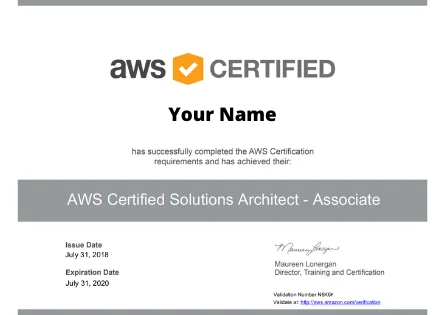

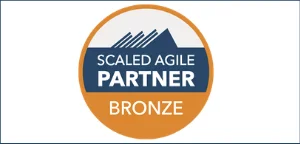

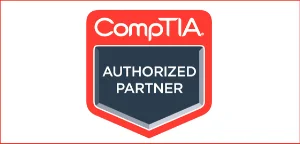
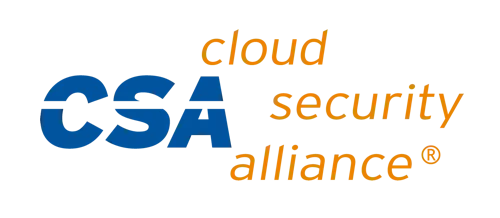
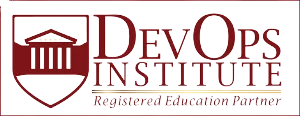
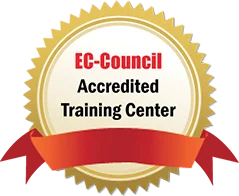
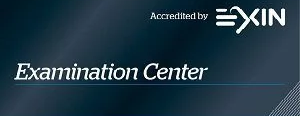



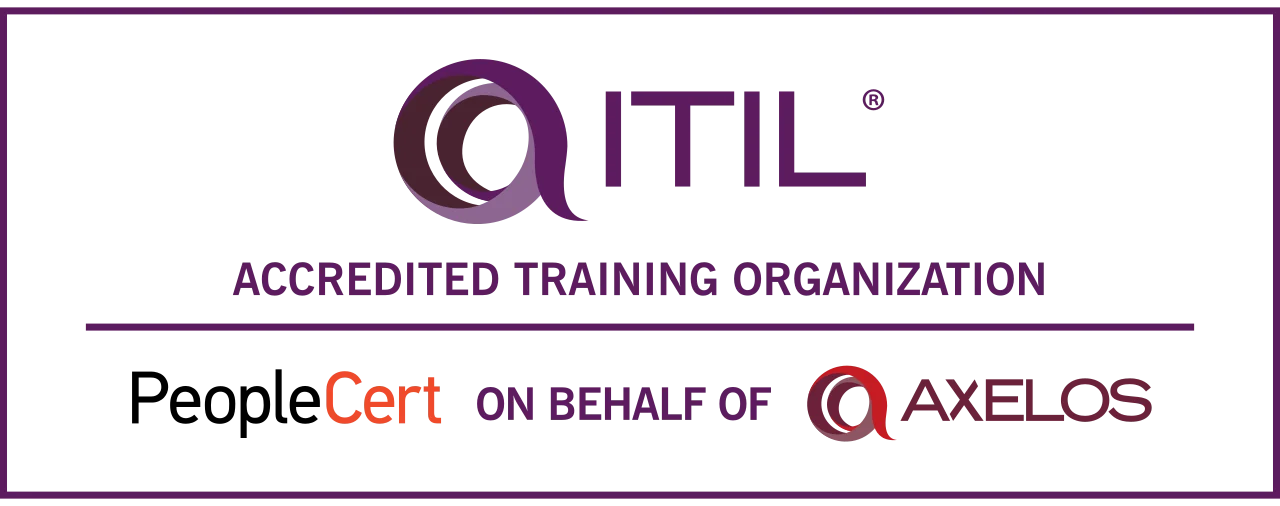
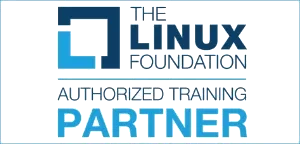

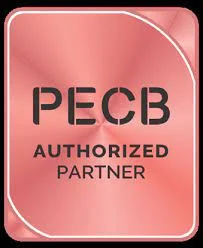
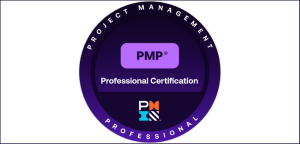
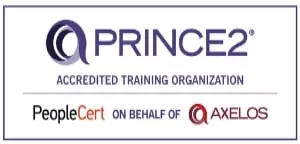


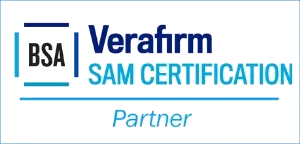

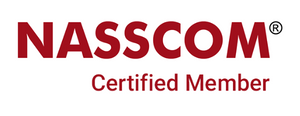















NovelVista has trained and certified professionals from all major organizations. Some of them are..















The AWS Certified Cloud Practitioner (CLF-C01) certification is designed to validate a candidate's understanding of the AWS Cloud and its core services. It demonstrates the individual's ability to effectively demonstrate knowledge of the AWS Cloud, including the global infrastructure, security, compliance, and data protection.
The AWS Certified Cloud Practitioner (CLF-C01) certification is intended for individuals who want to demonstrate their understanding of the AWS Cloud, regardless of their technical background or job role. It is particularly well-suited for individuals who work in roles such as sales, marketing, finance, and procurement, or for those who are just starting their journey in the cloud.
The AWS Certified Cloud Practitioner (CLF-C01) certification is relevant for a number of reasons. First and foremost, it demonstrates an individual's understanding of the core AWS technologies and services, which are widely used in the industry for cloud computing. This knowledge is valuable for professionals working in a variety of roles, including IT, cloud engineering, and DevOps, as well as for individuals seeking to build a career in cloud computing. In addition, the CLF-C01 certification is recognized as a valuable credential by employers and is often listed as a requirement or preferred qualification for job openings in the field. By obtaining the AWS Certified Cloud Practitioner certification, individuals can differentiate themselves in a competitive job market and increase their employability. Finally, the CLF-C01 certification is a stepping stone to other AWS certifications, such as the AWS Solutions Architect or AWS Developer certification. Completing the CLF-C01 exam provides a strong foundation of knowledge that can be built upon to pursue these more advanced certifications.
Upon completing the AWS Certified Cloud Practitioner course, you can expect to have the following skills: These skills will be beneficial in roles such as sales, marketing, finance, and procurement, as well as for individuals who are just starting their journey in the cloud. They will also be useful for technical professionals who want to gain a broader understanding of the AWS platform and its capabilities.
* Your personal details are for internal use only and will remain confidential.
As an Accredited Training Partner, We have gained recognition over the years in professional training certification in the IT industry such as ISO, PRINCE2, DevOps, PMP, Six Sigma, ITIL, and many other leading courses.

We always conduct training on accredited courseware so our participants will learn the industry required skill.

We have the best industry trainers/instructors with having more than 20 years of experience in the respective fields

We believe in practical learning because it will help learners to clear the interview and use your knowledge in the organization.

As we conduct multiple mock tests, exam-oriented training our learners always are able to clear the certification exam in 1st attempt.
For any queries please share your contact details and the team will reach out to you soon.
Our AWS Certified Cloud Practitioner is crafted by industry experts with more than 15 years of industry experience. We have AWS Certified Cloud Practitioner sessions which are designed with a bunch of creative and interactive methods. Apart from that, we have online. AWS Certified Cloud Practitioner sessions as well.
Our trainers vouch for delivering AWS Certified Cloud Practitioner in a form of storytelling with an exhibition of concepts with the help of professional examples, self-analysis and group discussions, case studies as the application of the concepts which were taught, vibrant presentations along with individual and team activities.